 Campus life
Campus life
No directionality in MSCA
The research community urges the EU to preserve the MSCA's bottom-up approach. The joint statement warns that introducing directionality in MSCA would risk undermining the programme's success.
European research organisations, led by Coimbra Group, EU-LIFE and YERUN, have issued a joint statement calling on the European Commission and Member States to preserve the bottom-up structure of the Marie Skłodowska-Curie Actions (MSCA). The statement responds to a proposal to introduce directionality in the 2026–2027 Work Programme by steering project calls toward predefined areas.
The signatories stress that MSCA's success lies in its openness to all fields and topics, driven by researchers' initiative and scientific excellence. Imposing thematic restrictions risks narrowing the scope of innovation and limiting opportunities for early-career researchers.
MSCA in its current state already delivers significant contributions to strategic areas even before any political prioritisation is envisioned. More than 1,000 ongoing projects focus on artificial intelligence, backed by nearly €1 billion in EU funding under Horizon 2020 and Horizon Europe. Over 170 projects address quantum technologies, and thousands of MSCA researchers are involved in work related to the EU Missions.
Also notable is that the demand for MSCA continues to grow, while the budget has seen only marginal increases between funding cycles. While the primary message is about preserving MSCA's model, the signatories also encourage a significant funding boost in the next Framework Programme (FP10) to match the programme's expanded impact and address the structural challenges that research careers face.
The joint statement is currently supported by: ALLEA, Aurora Universities Network, CESAER, Coimbra Group, EASSH, ECIU, EU-LIFE, EUA, Eurodoc, Initiative for Science Europe (ISE), LERU, MCAA, PolSCA, SPARC Europe, The Guild, UNICA, and YERUN.
Any other organisation wishing to support this initiative is welcome to help raise awareness by sharing the statement.
 NCU News
NCU News






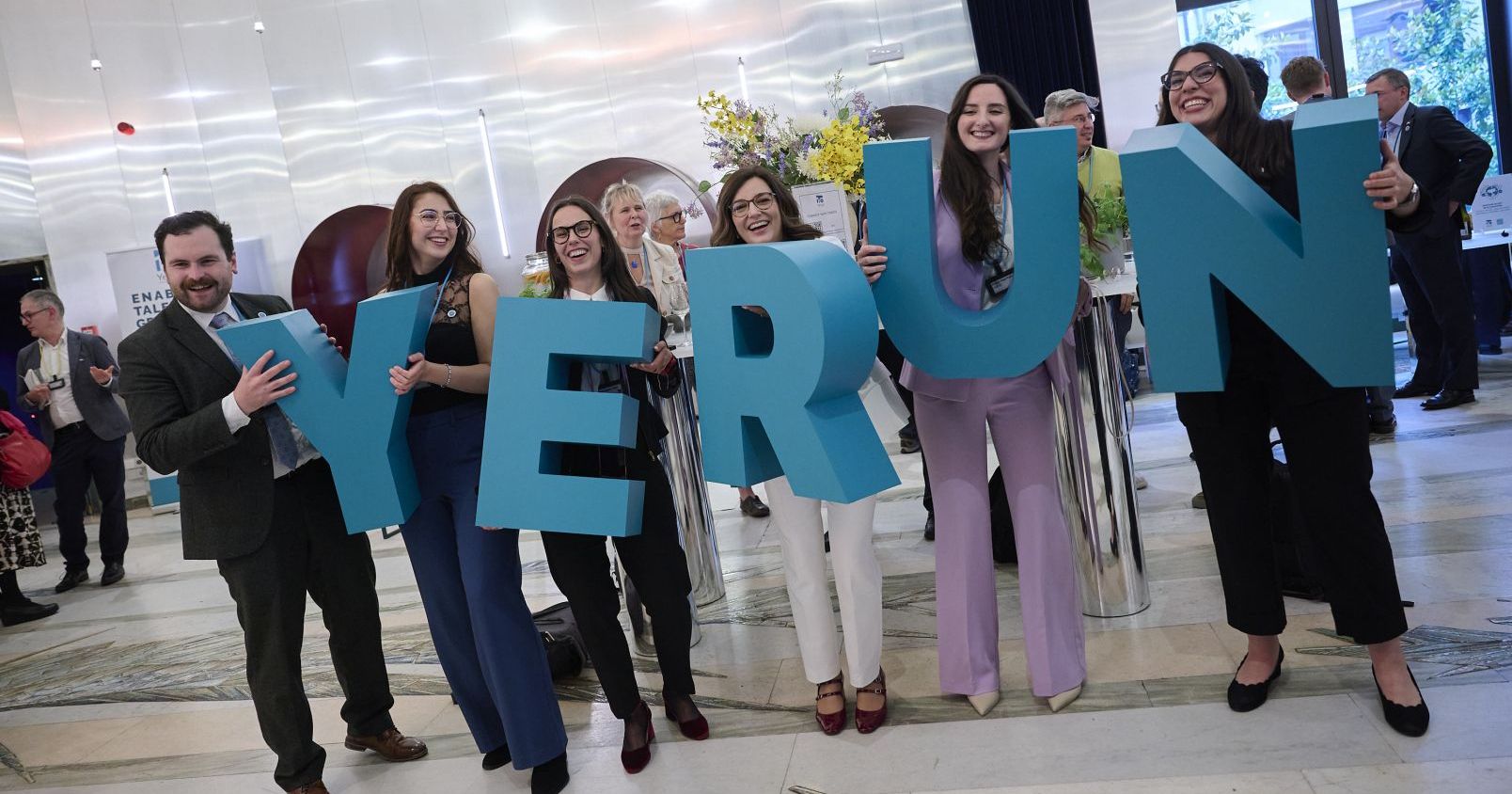 Campus life
Campus life

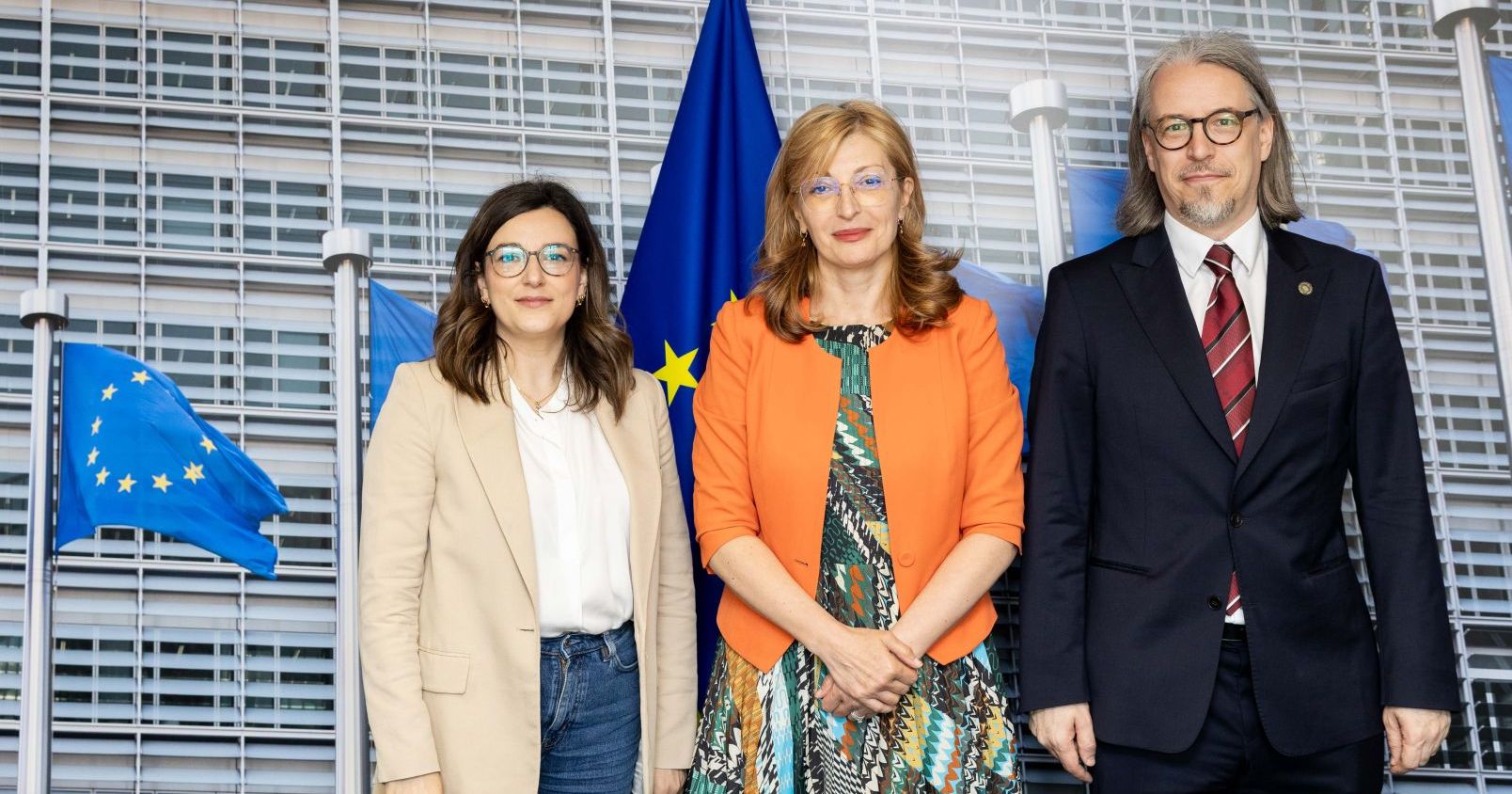 Campus life
Campus life
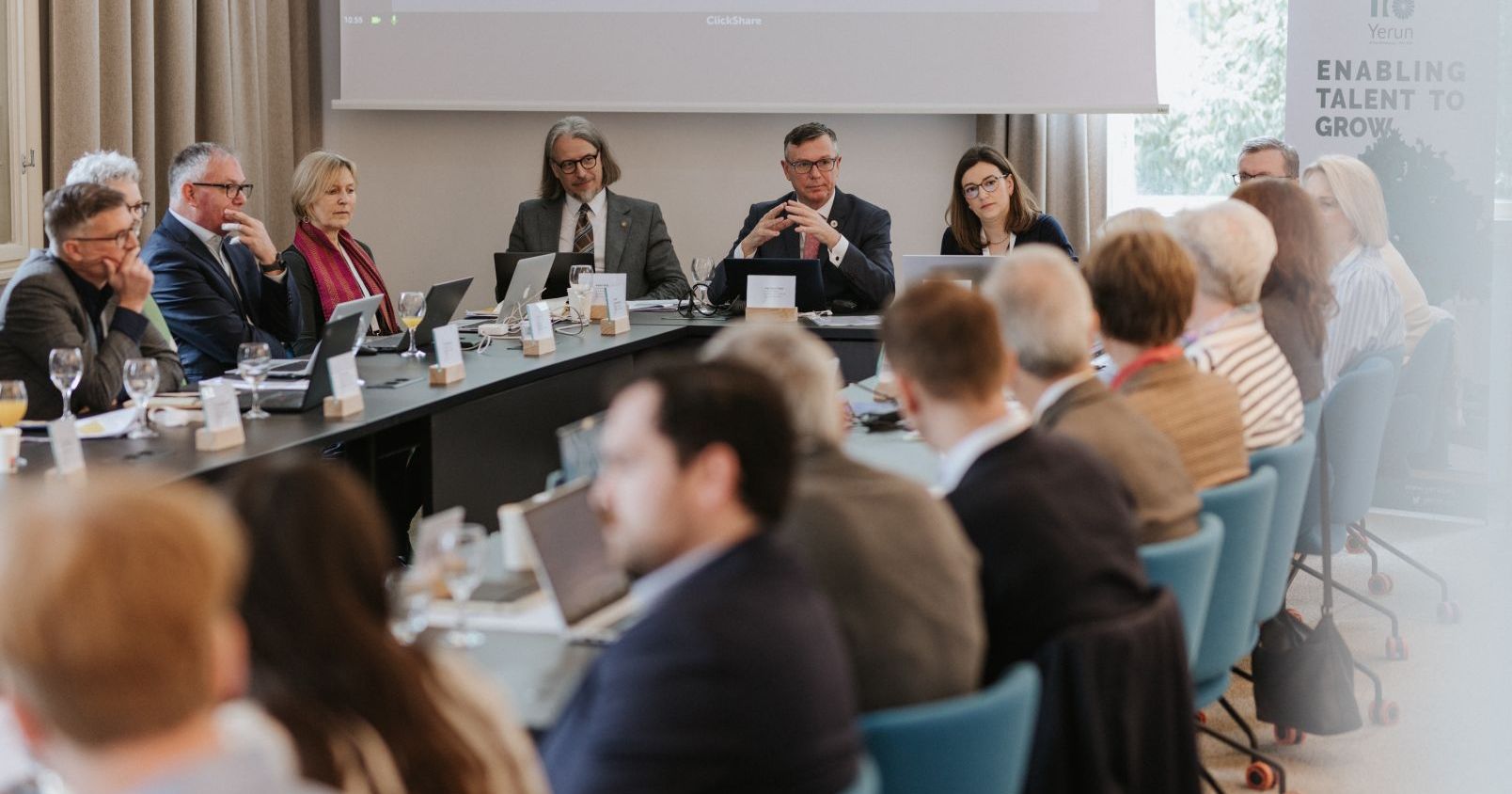 Campus life
Campus life
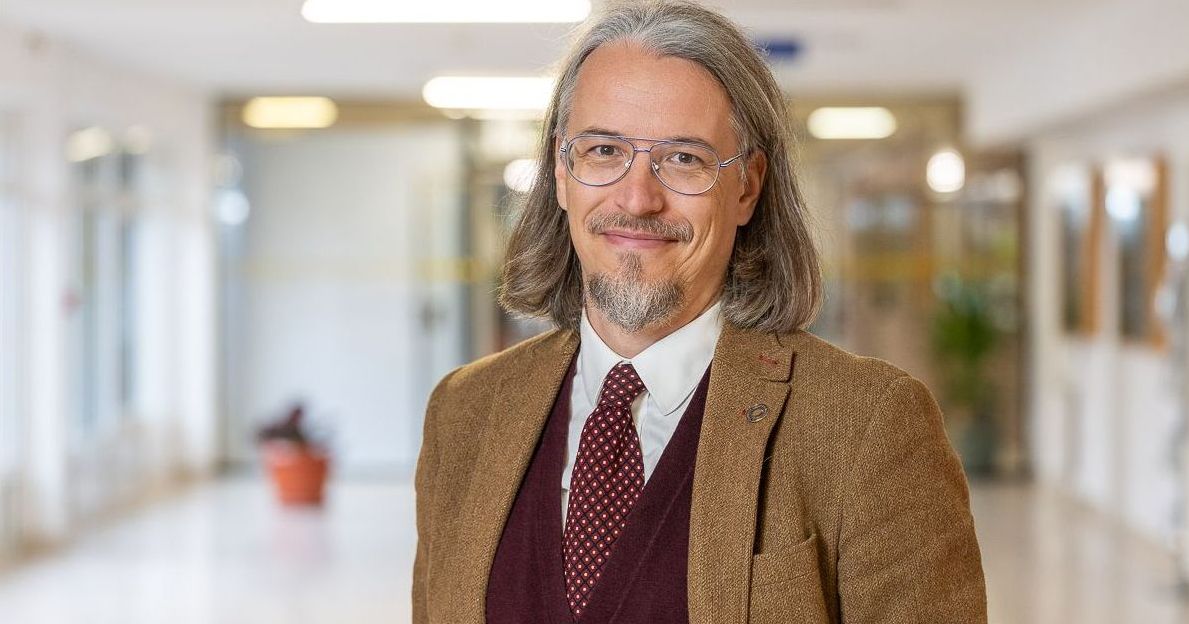 Campus life
Campus life
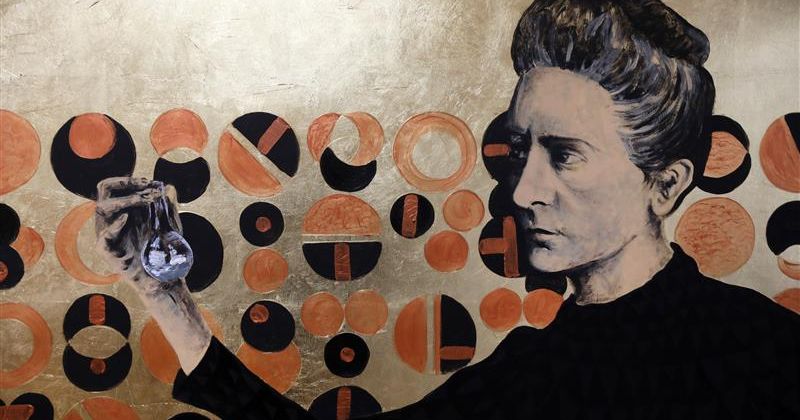 Campus life
Campus life
 Campus life
Campus life